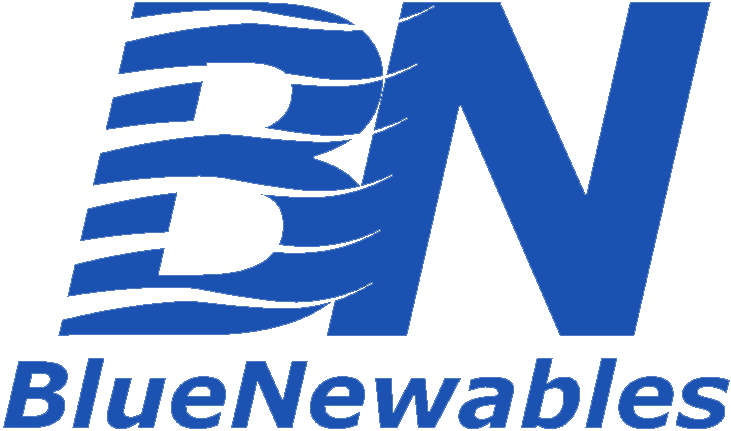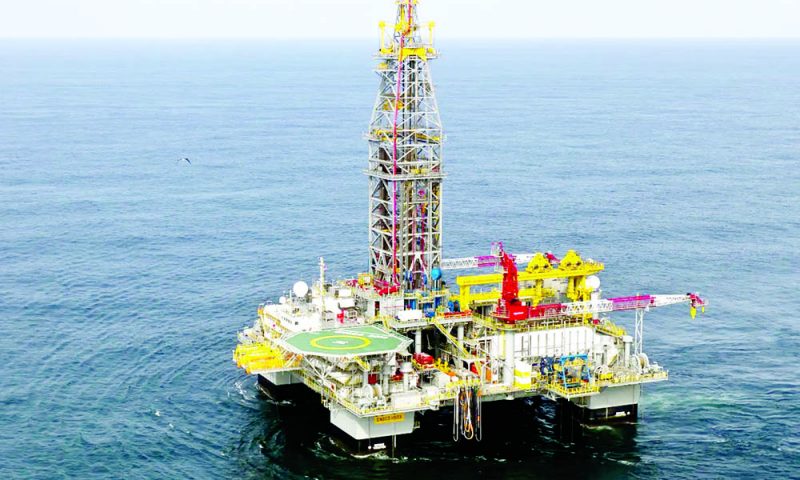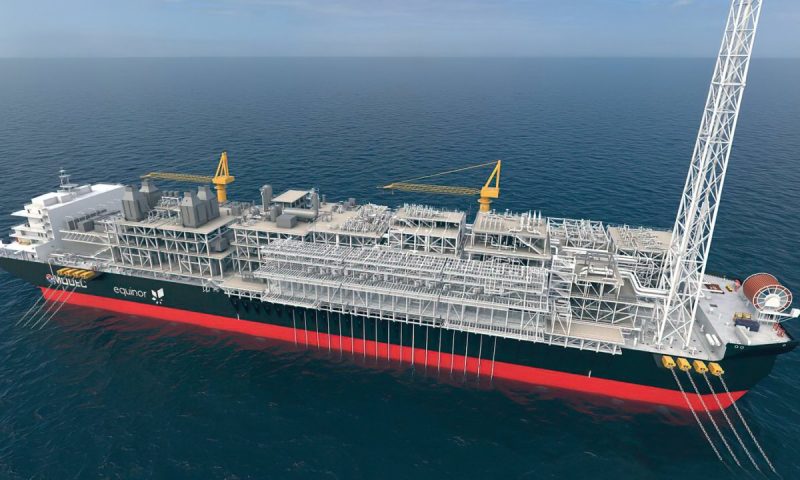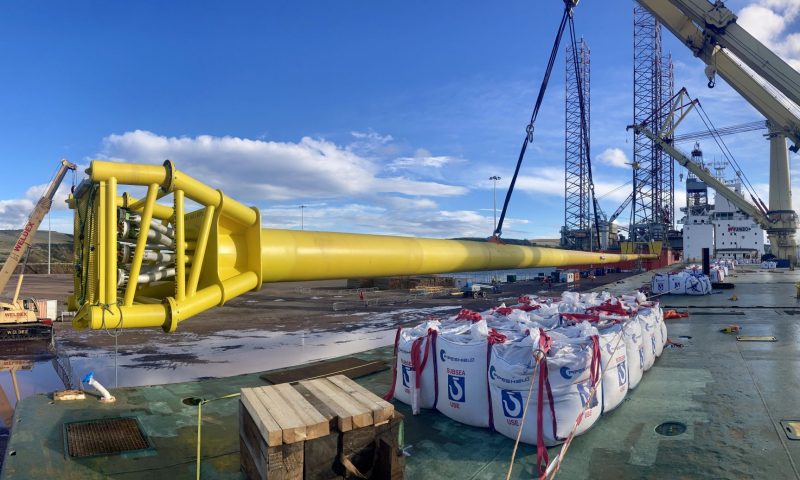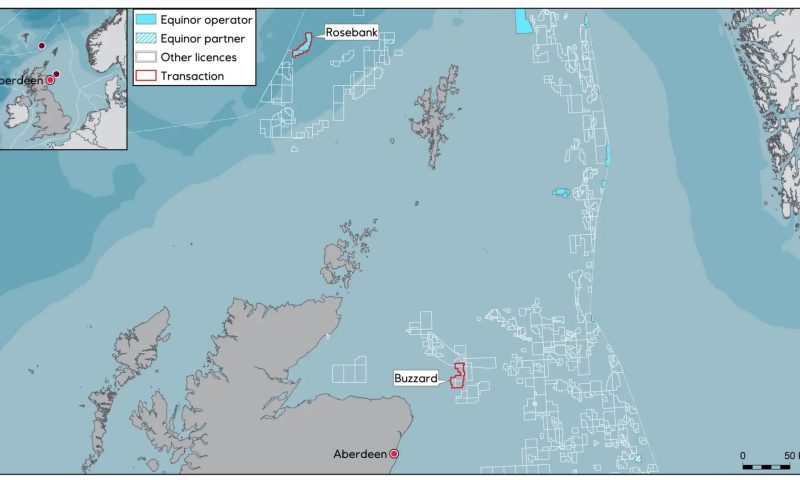
ExxonMobil Field Testing New Comprehensive Methane Monitoring Technologies
ExxonMobil is conducting field trials of eight emerging methane detection technologies, including satellite and aerial surveillance monitoring, at nearly 1,000 sites in Texas and New Mexico to further reduce methane emissions.
The field tests are evaluating effectiveness and scalability of a range of next-generation detection technologies that in addition to satellites use drones, planes, helicopters, ground-based mobile and fixed-position sensors. All technologies and deployment methods will be used to detect leaks and identify potential solutions that can be shared with other oil and gas operators.
“By testing the most promising methane detection technologies in a field environment, we are providing viable solutions that can be adopted by other producers to detect and reduce methane emissions,” said Staale Gjervik, senior vice president of unconventional at ExxonMobil. “We are applying scientific rigor and taking aggressive steps to find commercially scalable and affordable solutions for all operators.”
The technologies are being validated by a combination of field observations, optical gas imaging cameras and portable methane detection instruments. ExxonMobil is also comparing measurements to downwind emissions observations using technology by Aerodyne Research that enables holistic measurement of site emissions.
“We are already seeing the benefits of some of these technologies,” said Gjervik. “Through the trials, we have discovered methane sources that would otherwise not have been detected as efficiently or quickly under the current methods prescribed by regulations. The company is committed to immediately investigating and fixing methane emissions that are detected during the trial.”
The field trials build upon ExxonMobil’s previously announced emission reduction initiatives. As of year-end 2019, the company has reduced emissions by nearly 20 percent in its U.S. unconventional operations compared to 2016 levels, and the company remains on track to meet its corporate-wide commitments to reduce methane emissions by 15 percent and reduce flaring by 25 percent by year-end 2020. ExxonMobil’s successful voluntary methane management program includes structured leak detection and repair protocols, prioritized replacement of high-bleed pneumatic devices, technology enhancements to infrastructure and substantial data gathering and research.
In March, ExxonMobil introduced a model framework for industry-wide methane regulations and urged stakeholders, policymakers and governments to develop comprehensive, enhanced rules to reduce emissions in all phases of production.
The company supports the Methane Guiding Principles, which were signed in 2017 and are being implemented in collaboration with multinational stakeholders.
Since 2000, ExxonMobil has invested nearly $10 billion in projects to research, develop and deploy lower-emission energy solutions. The company also continues to expand collaborative efforts with more than 80 universities around the world to explore next-generation energy technologies.


